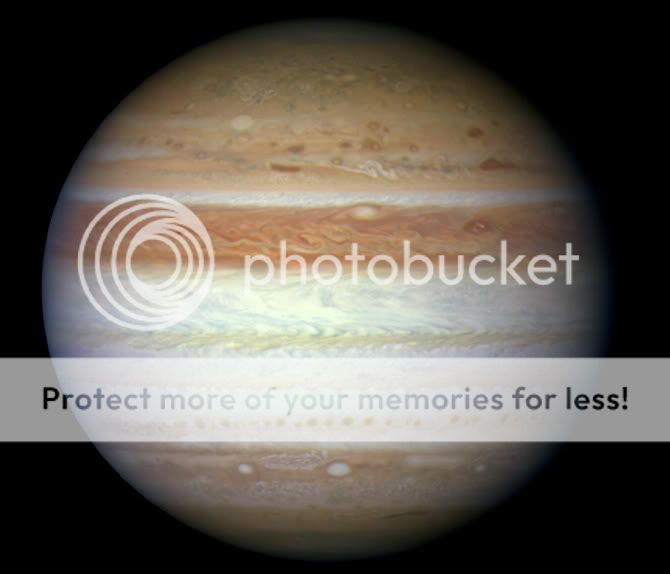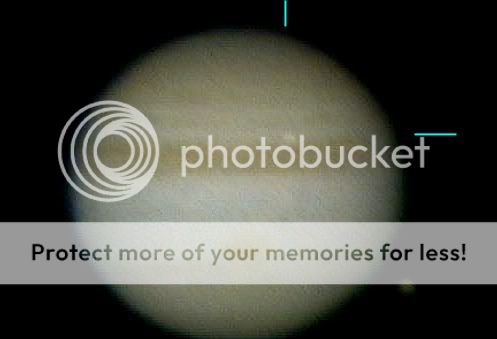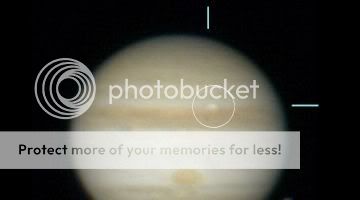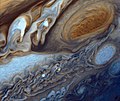Re: Another Jupiter impact earlier today?
NASA Story on Jupiter Impacts
""Jupiter is a big gravitational vacuum cleaner," says co-author and JPL astronomer Glenn Orton. "It is clear now that relatively small objects left over from the formation of the solar system 4.5 billion years ago still hit Jupiter frequently."
The impacts are bright enough to see through backyard telescopes on Earth. Indeed, amateur astronomers were the first to detect them, recording two fireballs in 2010 alone—one on June 3rd and another on August 20th. "
""It is interesting to note that while Earth gets smacked by a 10-meter-sized object about every 10 years on average, it looks as though Jupiter gets hit with the same-sized object [as much as] a few times each month," comments Don Yeomans, manager of the Near-Earth Object Program Office at JPL, who was not directly involved in the study.
Learning how often Jupiter is hit can tell astronomers something about the meteoroid population throughout the solar system—a matter of considerable interest right here on Earth. Just yesterday on Sept. 8th, a 10-meter class asteroid named 2010 RF12 flew past our planet without hitting. A somewhat smaller space rock, 2008 TC3, actually burned up in the atmosphere above Sudan two years ago.
"The Jupiter impact rate is still being refined," adds Yeomans, "and studies like this one help to do just that."
To learn more about the original research, read "First Earth-based Detection of a Superbolide on Jupiter" by R. Hueso et al, in the Ap J Letters, 2010, 721, L129"






